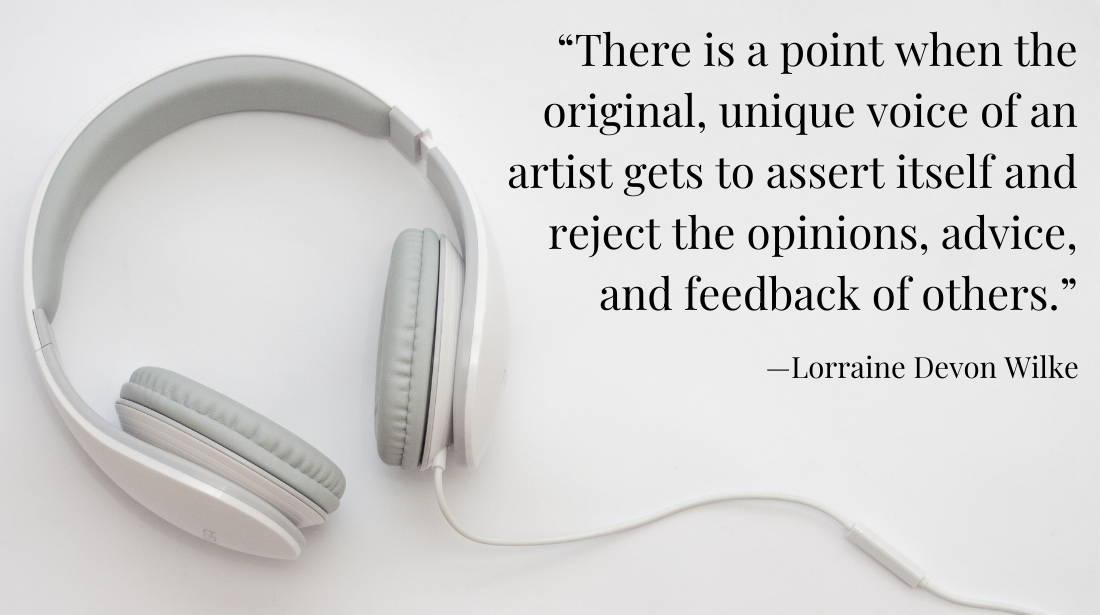Writing What You Don’t Know: Tips for Telling Another Person’s Story
BY AMY PARKER “Write what you know,” the adage goes. But when my heart pulled me way outside my knowledge base to help Rwandan Frederick Ndabaramiye write his unbelievable story,…
BY AMY PARKER
“Write what you know,” the adage goes. But when my heart pulled me way outside my knowledge base to help Rwandan Frederick Ndabaramiye write his unbelievable story, I knew that I had a lot to learn.
Here are a few pointers based on what I did, what I didn’t do, and what you must do ... from someone who now knows.
What I Did
I saturated myself in the culture—as much as a Tennessee girl can, anyway. I asked Frederick for photos, read Rwandan news and books set in Rwanda, and listened to Rwandan (Internet) radio. Much of that information never made it into the book, but it enriched my ability to feel the surroundings, see the scenes, and hear the voices that later would be woven into the story.
I went! None of the remote research will enhance your knowledge and sense of setting as much as seeing it for yourself. If I hadn’t, I would have never known that the whole country smells like a campfire or why—almost everyone cooks over an open fire. I would have never known the inexplicable warmth and kindness of the people, felt the breathlessness of climbing the steep Rwandan hills, or known the awe of looking into the eyes of a mountain gorilla.
You’ll learn things that the native people would never think to tell you, and you’ll discover answers to questions that you would never have known to ask. Sure, it can be costly, but it is worth every cent—or Rwandan Franc—you’ll spend.
I begged the advice of those gone before me. And I got answers about everything from car rentals and hotels to what kind of shoes and electrical adapters to take.
This proved to be invaluable, especially in hiring a driver. We tried to rationalize that particular piece of advice away (the per-day fee was as much as a weekly car rental in the States), but in the end, we caved and were greatly rewarded for our investment. Our guide Charles had actually fought with the RPF (the army that ended the genocide) and shared knowledge and experiences beyond what I could find in any book. And as for the driving, we honestly could have never navigated the steep, rutted roads ourselves.
What I Didn’t Do
Learn the language. Of course, I bought the book and practiced some phrases, but I had no working knowledge of the language. So when the Rwandan pastor said something from the front of the church that prompted the entire congregation to turn and look at us, I didn’t know whether to smile or hide. (Thankfully, he was welcoming us.) If you even think that you may be traveling to a foreign-language location, start practicing the language yesterday. I can’t imagine how much more I would have learned if I had.
Ask permission to take photos. Every. Single. Time. It’s a courtesy common to most cultures, and I asked most of the time. But the one time I didn’t—in the market, when I wasn’t really photographing a person, but a place—I greatly offended one lady. And I didn’t need to speak Kinyarwanda to know it.
What You Must Do
Keep a journal. I did this but wish I had done more, had noted more details, went more in-depth about daily experiences. Stay up for an extra thirty minutes each night and jot down every single detail you remember about your day. This will be a priceless gift to yourself, not to mention the much-needed descriptions it will provide for your story.
Try something new. I ate sambaza, best described as fried minnows. And it was delicious. I fell in love with African Tea (like a chai latte with a kick). I’m not an athlete—in any sense of the word—but I eagerly signed up for the mountain gorilla trek. I drank in the culture, and I am forever changed.
Share the experience. I quickly shared my photos on Facebook, but two years later, I have yet to compose the dozen blog ideas that I jotted down while riding in that bumpy SUV. (Okay, so I did write a book, but still.) Find the time—share your experiences.
After all, it is our duty to the world as writers. And in many cases, it’s the only way readers will experience another world for themselves—through your writing, now that you know.
Amy Parker has made her mark as an experienced and versatile writer and editor who has a particular enthusiasm for children's books. She authored the bestselling A Night Night Prayer and has collaborated with authors ranging from a New York Times bestseller to her own son.
She is the co-author of Frederick: A Story of Boundless Hope from Thomas Nelson, which releases September 16, 2014. You can find her on amyparkerbooks.com or Facebook.
Adrienne Crezo is the former managing editor of Writer's Digest magazine. Follow her on Twitter @a_crezo.









